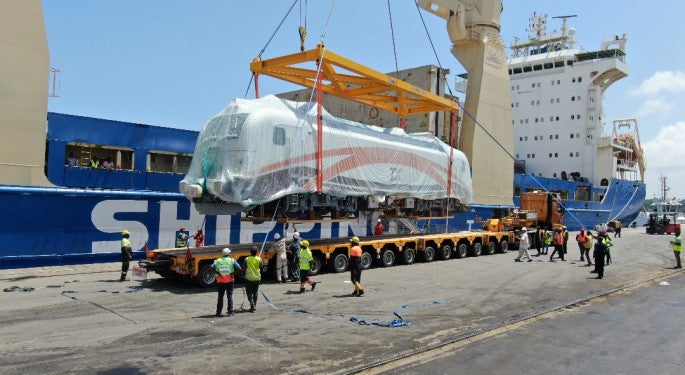US rail company Norfolk Southern has released its first Climate Transition Plan (CTP) aimed at reducing greenhouse gas emissions by identifying key areas to focus its decarbonisation efforts.
The inaugural plan is part of the company’s goal of reducing its GHG emissions intensity by 42% by 2034 and highlights fuel efficiency, renewable energy, and use of biofuels as the main “performance indicators” informing its sustainability transition.
Josh Raglin, chief sustainability officer at Norfolk Southern, said: “Reducing the environmental impact of our operations is driven by our commitment to a cleaner and better planet for our employees, our customers, and our communities for generations to come.
“We recognize the significant role of greenhouse gas emissions in global climate change, and we are determined to do our part in mitigating these emissions.”
The three key targets set by the plan primarily focus on its use of fuels, which account for more than 90% of its scope 1 and 2 GHG emissions, they include: improving fuel efficiency by 13% by 2027, increasing the company’s use of renewable energy to 30% by 2030, and achieving a 20% consumption of biofuels by 2034.
Norfolk Southern said that its CTP is based on a maturity assessment following CDP’s technical guidance on similar plans, and the non-profit's Assessing Low-Carbon Transition guidance.
While sustainability is a key focus for much of the rail industry, Norfolk Southern often faces particularly scrutiny over its plans since the major derailment of one of its trains in East Palestine, Ohio in February 2023, which saw around 6.3m gallons of hazardous liquid wastewater spilled into the area around the town.
The spill also lead to the state of Ohio filing a lawsuit against Norfolk Southern, which has said it was working with the local community and residents on remedies and compensation.












